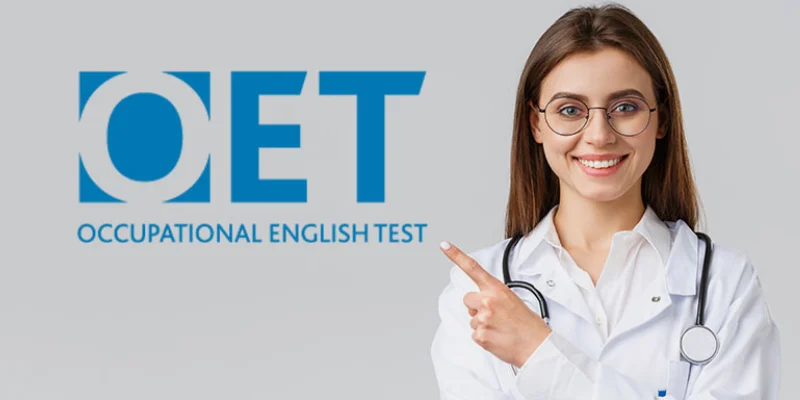
The Occupational English Test (OET) is an international English language exam for healthcare professionals. It evaluates communication abilities in medical contexts, testing listening, reading, writing, and speaking through real-life scenarios. If you’re looking to prepare for the test, an OET Coaching Centre in Chennai offers specialized training to help you succeed. OET ensures that doctors, nurses, and other healthcare workers can confidently and effectively communicate in English-speaking environments, making it a top choice for professional registration and migration.
What is the OET?
The Occupational English Test (OET) is an international English language proficiency test tailored for the healthcare sector. Unlike general exams such as IELTS or TOEFL, OET is industry-specific, meaning all tasks reflect real healthcare scenarios. The test assesses the four key language skills—listening, reading, writing, and speaking—using medical content relevant to actual workplace communication.
Who Takes the OET Exam?
OET was created for a wide range of healthcare professionals. As of now, 12 specific professions are eligible to take the test. For those looking to excel in their preparation, Placement Training in Chennai can provide valuable insights and skills to help achieve success. These include doctors, nurses, dentists, pharmacists, physiotherapists, occupational therapists, radiographers, optometrists, podiatrists, speech pathologists, dietitians, and veterinarians. Each test version is tailored to the professional’s field, ensuring the tasks are relevant and relatable to their daily work.
Why Do Healthcare Workers Choose the OET?
There are several reasons why healthcare professionals opt for the OET over other English language tests. One of the primary reasons is that it aligns closely with their professional context. Rather than answering questions about academic or general topics, candidates deal with situations they’re already familiar with—like writing a patient referral or discussing treatment plans.
Professionals also choose the OET for career advancement. The test is widely accepted for professional registration, job applications, and immigration purposes in countries where English is the direct language of communication in healthcare settings. Soft Skills Training in Chennai can also be a helpful addition to OET preparation, as it enhances communication abilities. For many, it’s the first and most crucial step toward securing a license to practice abroad.
Countries That Recognize the OET
OET is recognized by healthcare boards, licensing bodies, and immigration departments across several English-speaking and international countries. Some central countries where OET scores are accepted include the United Kingdom, Australia, New Zealand, Ireland, Singapore, the United Arab Emirates, and others.
These countries use OET as part of their registration process for overseas-trained healthcare workers. For example, the UK Nursing and Midwifery Council (NMC) and the Australian Health Practitioner Regulation Agency (AHPRA) in Australia accept OET as proof of English language proficiency. To boost your chances of success, exploring tips for OET preparation can help you prepare effectively and confidently.
Is OET Right for You?
If you’re a healthcare professional planning to migrate, work, or study in an English-speaking country, OET could be the ideal test for you. It’s beneficial if you’re more comfortable using professional or medical English than general academic English.
You should consider taking the OET if:
- You want to demonstrate your language skills through job-specific content.
- You prefer practical tasks rather than general academic writing or speaking.
- Your purpose is to meet the language requirements of a medical board or employer abroad.
- You need to prove your English skills for visa or immigration applications.
The test evaluates your language proficiency and helps build confidence in using English in your specific professional setting.
How Does OET Compare to Other Tests?
While other English proficiency tests like IELTS or TOEFL are more widely known, they’re not tailored to healthcare contexts. OET’s most significant advantage is its relevance to clinical communication. You won’t be discussing abstract essay topics or writing about global issues. Instead, you’ll handle real-world medical tasks like patient histories, discharge summaries, and treatment conversations.
This makes the OET more practical and a better preparation tool for healthcare jobs in English-speaking environments. FITA Academy offers expert OET training.
The OET isn’t just a language test—it’s a professional gateway. It empowers healthcare professionals worldwide to pursue their dreams of working abroad while ensuring they can communicate safely and effectively in their roles. Whether you’re a nurse planning to relocate to the UK, a doctor heading to Australia, or a dentist exploring opportunities in New Zealand, the OET provides a focused, career-oriented assessment of your English abilities.
Also Check: Which Test is Better for Healthcare Professionals OET or TOEFL?